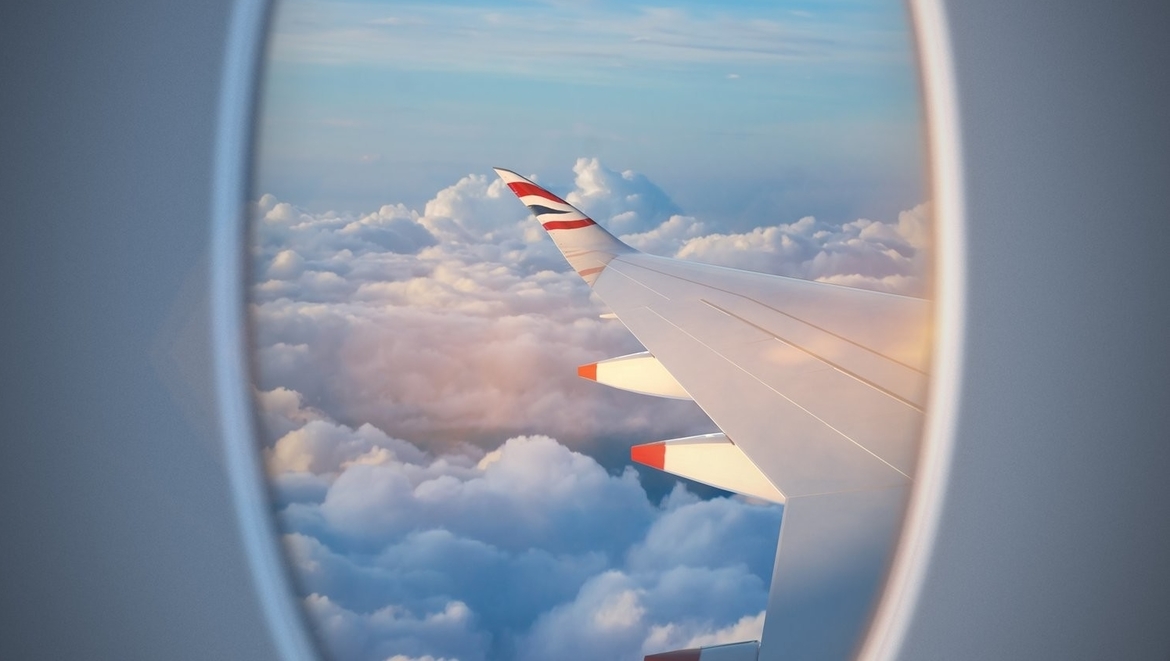
The International Air Transport Association (IATA) has said that the sector will not recover fully until 2024 due to “surprisingly weak” demand – a year later than earlier predictions.
Figures released by the IATA on Tuesday show that global revenue passenger kilometres (RPKs) were down around 87 per cent in June versus the same month in 2019 – a much worse outcome than initially expected. Revised estimates from the body put RPK recovery at 2024, while total passenger numbers are expected to return to a 2019 baseline by 2023.
The revised forecast comes on the back of a lack of consumer confidence, a decline in business travel, and “second wave” concerns in parts of the US and continental Europe.
“In many parts of the world infections are still rising,” said IATA chief Alexandre de Juniac on Tuesday. “All of this points to a longer recovery period and more pain for the industry and the global economy.”
While passenger traffic bottomed out in April, the upturn since has not been significant.
“The good news is … we saw a further rise in air travel globally in June, the second consecutive month from the April low point,” said IATA chief economist Brian Pearce.
“The bad news is that rise was barely visible. It was disappointingly and unexpectedly weak.”
Overall, international passenger traffic is now expected to drop 55 per cent in 2020, compared with an April estimate of just 46 per cent. The same figures show the body expects that number to swell 62 per cent next year, which would still be down almost 30 per cent compared with pre-COVID numbers.
With international travel slated to stay off the cards for the remainder of 2020, de Juniac said that the primary driver of growth has been domestic flying.
The Chinese domestic market has been leading the charge, with traffic down just 35.5 per cent in June compared with the 2019 period, from 46.3 per cent the previous month.
In June, US domestic RPKs down around 80 per cent year-on-year, but “the renewed surge of COVID cases has rather knocked that back”, Pearce said.
International travel was impacted much worse, down between 96 per cent and 98 per cent in RPK terms.




